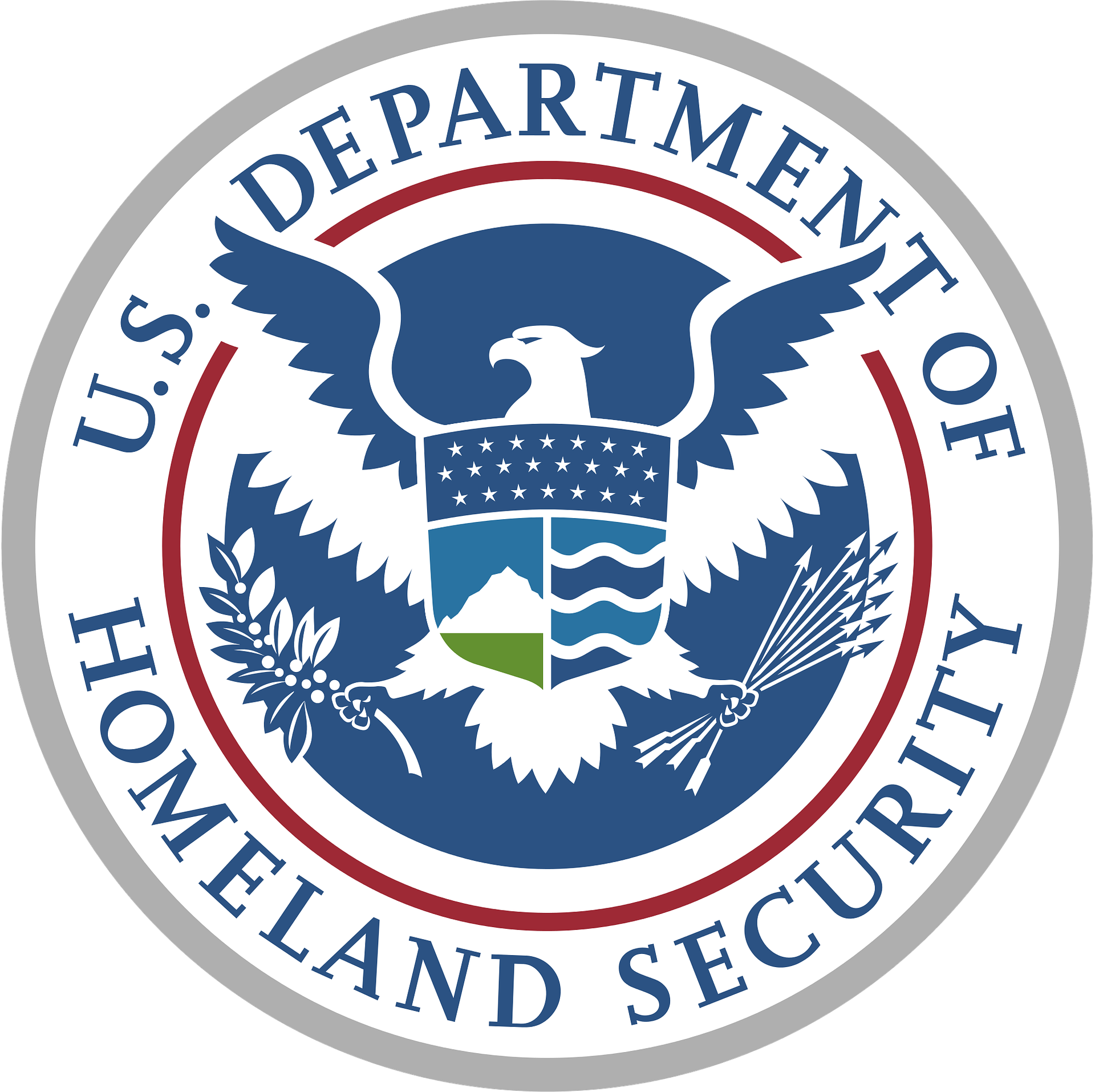
On August 14, the Department of Homeland Security (DHS) announced a rule that seeks to broaden the authority of U.S. Immigration officers in denying applicants of green cards, visa extensions, or other changes in immigration status. An officer’s ability to deny or approve is now broadened to include factors based on the future use of “public benefits” such as food stamps, Medicaid, and housing assistance.
The change is not scheduled to be implemented by the DHS until October 15, 2019. The law primarily affects those seeking green cards through family member petitions, however, there will be a considerable effect on those applying for adjustment of status or those seeking to enter the United States. Importantly, the new regulation will not apply to all immigrants, excluding those who are applying for citizenship.
A major component to the new rule is the definition of “public charge” that will be implemented in October. Under the new DHS ruling, a person who receives any number of public benefits for an aggregate of 12 months over a 36-month period could risk denial in his or her immigration process. Public benefits vary from assistance such as food stamps, Section 8 housing assistance, or any government funded health insurance.
“For instance, if an applicant receives two different benefits in one month,” says immigration attorney Mario Godoy, “that could potentially be counted as two months’ use of benefits.” The new regulation also permits immigration officers to consider the applicants ability to speak English, any medical conditions, family size, education, and their finances to assess if the person applying might require any current or future federal or state benefits once approved.
The current administration is stating immigration law as far back as the 1800’s that any individual wanting admission into the United States must be able to care for themselves without becoming public charges. Since 1996, federal law has stated that any foreign nationals must be self-sufficient, but the most recent ruling by the DHS provides guidance for immigration officers to determine if someone meets this guideline. Some protest the new regulation, saying that it allows immigration officers to prioritize money over the lives of those wanting to achieve more within the United States.
After October 15 of this year, a green card or visa applicant needs to attach evidence of self-sufficiency when applying for their status in addition to the multitude of forms already required by DHS. The rule does apply to those whose adjustment of status applications are pending or postmarked before that date.
With pending DHS regulation, it is imperative that you speak to an immigration attorney that could help you understand how any changes to immigration law could affect your current or pending application for immigration status within the United States.
Mario Godoy and the other knowledgeable attorneys at the Godoy Law Office could help you assess your situation and whether you want to file before the October 15 deadline set by DHS. With experience in many immigration cases and understanding of the situation this new regulation could put you or your loved ones in, it could be beneficial for you to reach out to our legal counsel today.




